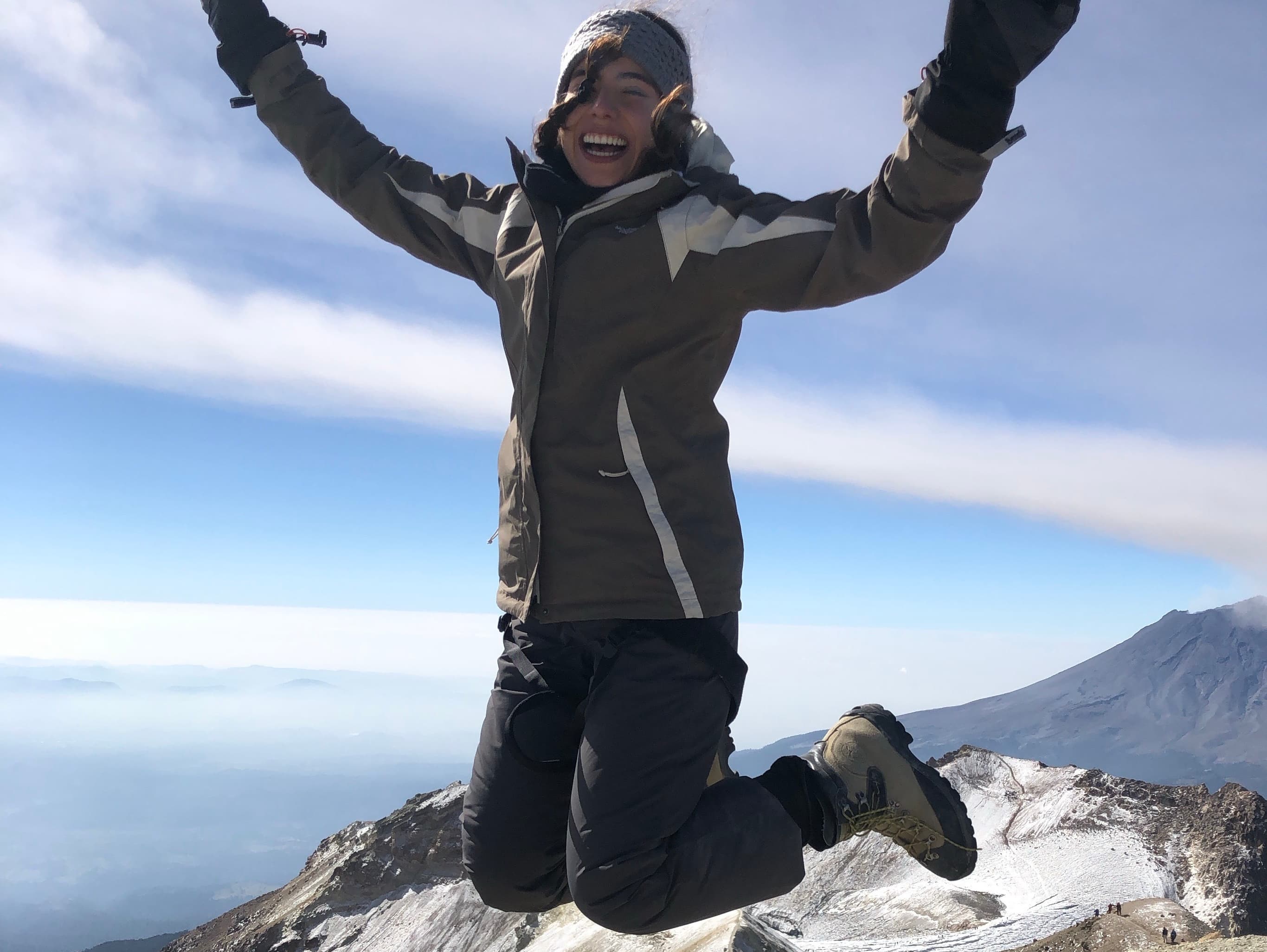Education
Equipamiento
Equipamiento
Equipamiento
How to Choose the Right Footwear for Hiking
Javier Garza
Team of página
Introducción
If you're ready to explore Monterrey's breathtaking trails, choosing the right footwear is key to a safe and comfortable experience. Here are some recommendations to help you make the best decision.
Type of trail you plan to hike
Monterrey offers a wide variety of trails, from rocky and exhausting trails, such as limestone trails, to softer trails, such as pine forests.
- Rustic Trails: If you plan to venture into more demanding and less traveled terrain, such as rocky hills, we recommend opting for sturdy footwear with ankle support, such as hiking boots. These will protect you from blows to branches or stones, viper bites and scratches with poisonous herbs .


Type of trail you plan to hike
Monterrey offers a wide variety of trails, from rocky and exhausting trails, such as limestone trails, to softer trails, such as pine forests.
- Rustic Trails: If you plan to venture into more demanding and less traveled terrain, such as rocky hills, we recommend opting for sturdy footwear with ankle support, such as hiking boots. These will protect you from blows to branches or stones, viper bites and scratches with poisonous herbs .
Frequency of practice
- Regular Hiking: If you hike weekly, consider boots with stiff soles that offer good support and durability.
Frequency of practice
- Regular Hiking: If you hike weekly, consider boots with stiff soles that offer good support and durability.
Level of experience
- Low Experience: If you are prone to spraining your ankles or are less experienced, it's essential to wear hiking boots that offer additional support and stabilization to prevent injury.
Level of experience
- Low Experience: If you are prone to spraining your ankles or are less experienced, it's essential to wear hiking boots that offer additional support and stabilization to prevent injury.
Durability and economic cost
- Value for money: Cost doesn't always reflect quality. Choose footwear based on comfort and adaptability to the terrain rather than just on price .
- Diversified Use: Consider having different types of footwear for different conditions. You can wear boots for more demanding terrain, sneakers for tourist trails, and older footwear for water trails
Shoe recommendations
- For Tourist Trails: If your plan is to walk on busy routes, look for footwear that protects the ankles, is sturdy but comfortable, and with a moderate sole.
Remember that footwear isn't everything
Over time, you'll realize that the strength of your legs, knees, ankles, and feet plays a crucial role. An experienced hiker may not need high-end footwear if they keep these areas fit and strong. There is no better shoe or better brand than another; the important thing is that it fits your economic and sports needs. Know the characteristics of your feet, such as the size of your toes, the width, if you have a flat foot or knee problems. If you consider that you need special footwear, we recommend that you visit physical hiking stores such as Run24, Vertimania or Decathlon
for specialized advice.Brands and Tips
Recommended Brands: Premium:
- La Sportiva, Salomon, Hoka, Adidas, The North Face .
Tips for Buying Cheap Footwear:
- Special Offers: Take advantage of the BuenFin in November and the Hot Sale in May.
- Buy in the USA : Consider buying footwear in the United States, as it's sometimes cheaper.
If you go hiking occasionally, any investment in your health and safety is always the right one. Don't skimp on comfort and protection to make the most of your adventures
!
